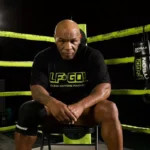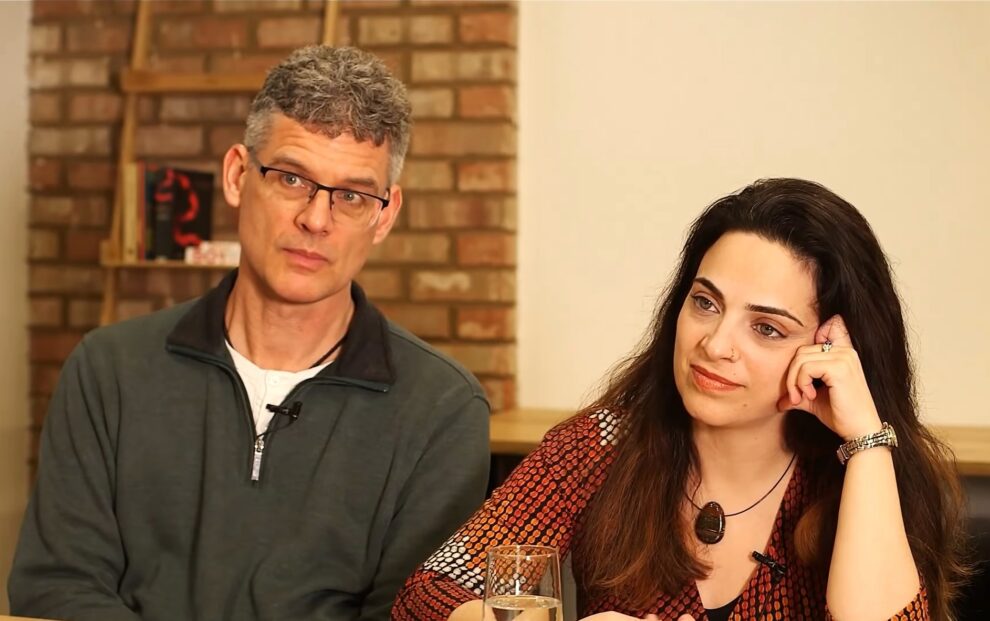ANALYSIS: Warm and constructive.
That’s how Chris Hipkins wanted his meeting with Xi Jinping on Tuesday to be remembered.
The New Zealand Prime Minister deployed the ‘warm and constructive’ phrase at least eight times in a subsequent press conference with New Zealand media.
Hipkins was also keen to note that ‘the meeting was at no point adversarial’. This served to reinforce the impression of warmth.
Xi added ‘we will continue to see each other as partners instead of rivals’, according to a Reuters report that cited Chinese state media.
By emphasising the friendliness of the meeting, Hipkins was also drawing a contrast with claims that his foreign minister, Nanaia Mahuta, had received an ‘epic haranguing’ when she met her Chinese counterpart in Beijing in March.
The timing of the leaked description to ‘The Australian’ newspaper was strategic and threatened to derail Hipkins’ much sought-after appointment with Xi.
The reporting has not been denied, with Mahuta since confirming her meeting with Qin Gang was ‘very robust’.
Against this, Hipkins’ refusal to sign up to Joe Biden’s description of Xi as a ‘dictator’ would have been well received by Beijing.
Hipkins refused to say whether the ‘dictator’ issue had been brought up by Xi – but said he did not raise it himself.
At time of writing, China had yet to release its own account of the Xi-Hipkins meeting, leaving New Zealand’s version of the private section of the encounter largely to stand as the initial record.
But some intriguing insights into the thinking of the Chinese leadership in relation to New Zealand can be found in the semi-official Global Times newspaper.
In an article published late on Tuesday that focused on a range of diplomatic visits to China this week, New Zealand took centre-stage – even overshadowing analysis of Mongolia and Vietnam, China’s neighbours.
The newspaper depicted New Zealand as something of a role model for other Western countries, noting Wellington’s reputation for ‘independent policymaking’ and bipartisan consensus on ‘how to get along with China’. According to the paper, New Zealand showed how ‘Western countries can withstand the pressures of unilateralism, Cold War mentality and hegemony’.
The praise from the Global Times referenced approvingly Hipkins’ stance on the recent ‘dictator’ spat. The paper said the incident was an example of New Zealand’s ‘non-interference when dealing with China’ and contrasted sharply with the ‘arrogant and offensive attitude of Washington’.
After his meeting with Xi, Hipkins appeared somewhat nervous and at times uncharacteristically tongue-tied when answering questions from the New Zealand media – a sign that he was aware of the diplomatic stakes of the bilateral meeting.
Hipkins carefully declined to be drawn on what views Xi expressed during the private meeting, saying that ‘wouldn’t be diplomatic or appropriate’.
But the New Zealand PM did reveal that AUKUS ‘wasn’t specifically discussed’ during the meeting.
When asked, Hipkins also disclosed that New Zealand’s growing ties with NATO were not canvassed.
However, the meeting with Xi was a big picture one and it would not be unusual for these issues of detail to be addressed in a more indirect fashion.
Hipkins said the main focus of the meeting was on New Zealand’s economic ties with China.
But he added that issues such as the US-China relationship, the Pacific, the war in Ukraine and human rights were also covered in a ‘free-flowing dialogue’.
The official statement issued by the New Zealand PM’s office used softer language than the press conference.
For example, there is no direct mention of ‘human rights’ in the readout. Instead, it was noted that the pair ‘engaged on areas where our cultures and political systems differ’.
There was only one, relatively minor faux pas from Hipkins.
During the initial portion of the meeting that was open to media, Xi called New Zealand a ‘friend and partner’.
But when asked by media whether he would reciprocate this assessment, Hipkins initially dodged, responding ‘I would describe the relationship between New Zealand and China as an incredibly important one’.
Hipkins appeared to realise the ramifications of his answer as the questioning on the ‘friend and partner’ issue continued. He later added ‘it depends on the context, but yes, by and large’.
In length, Hipkins’ 40-minute meeting with Xi ran for ten minutes longer than scheduled.
Jacinda Ardern, Hipkins’ predecessor, received 50 minutes for her own meeting with Xi on the sidelines of the APEC summit in Bangkok last November.
We should not read too much into this discrepancy.
After all, it is a busy week for China, which is also hosting its first summer meetings of the World Economic Forum since 2019.
On Tuesday, Xi also met with the prime ministers of Barbados, Mongolia and Vietnam.
Moreover, Hipkins’ counterparts from the other ‘Five Eyes’ countries – Australia, Canada, the UK and US – are not currently being hosted in Beijing at all.
Chris Hipkins has passed his first major diplomatic test.
His first meeting with Xi Jinping was a success.
It genuinely was warm and constructive.
Democracy Project
Geoffrey Miller is the Democracy Project’s geopolitical analyst and writes on current New Zealand foreign policy and related geopolitical issues. He has lived in Germany and the Middle East and is a learner of Arabic and Russian. He is currently working on a PhD on New Zealand’s relations with the Gulf states.
Source: News Hub
















